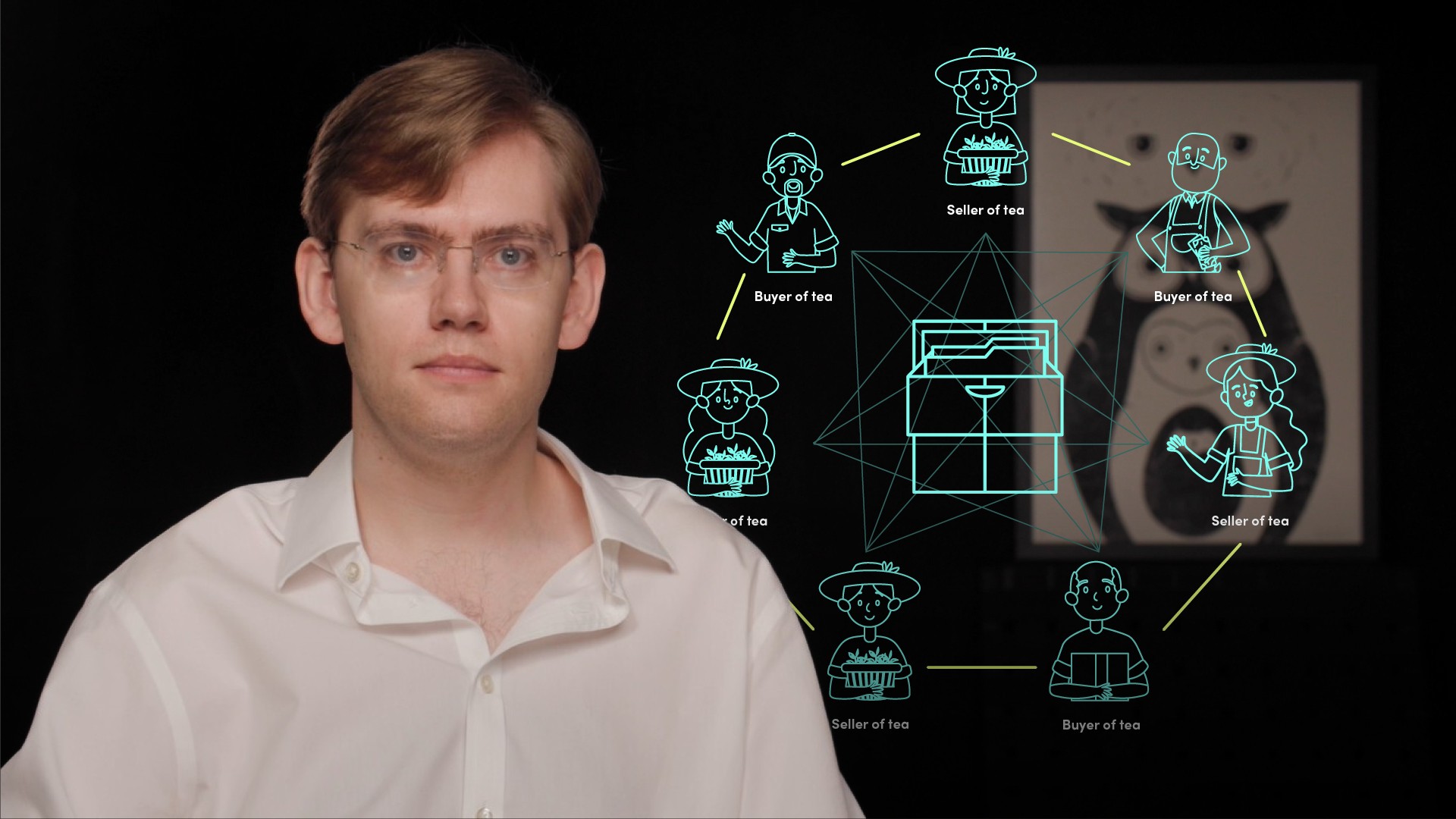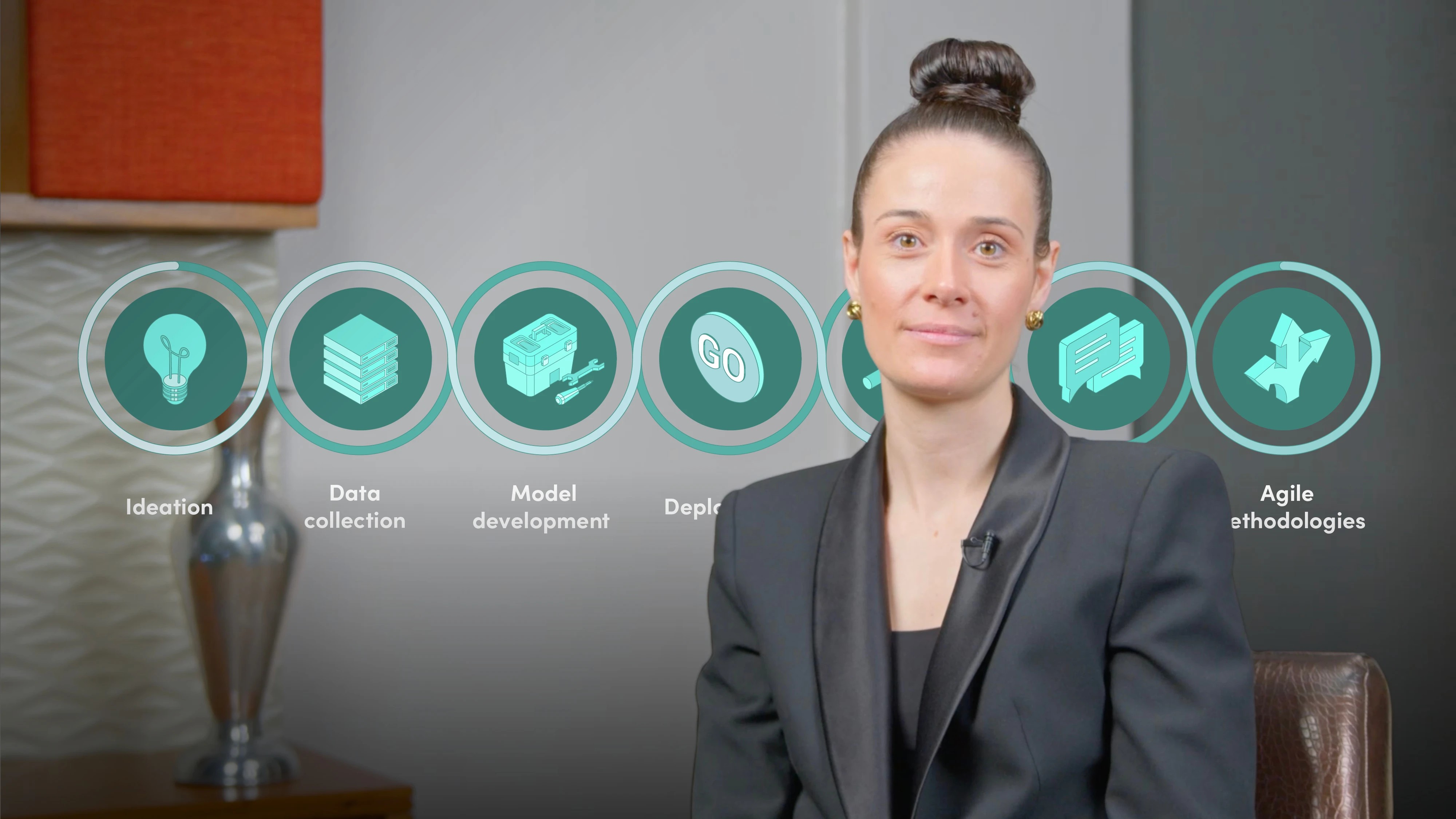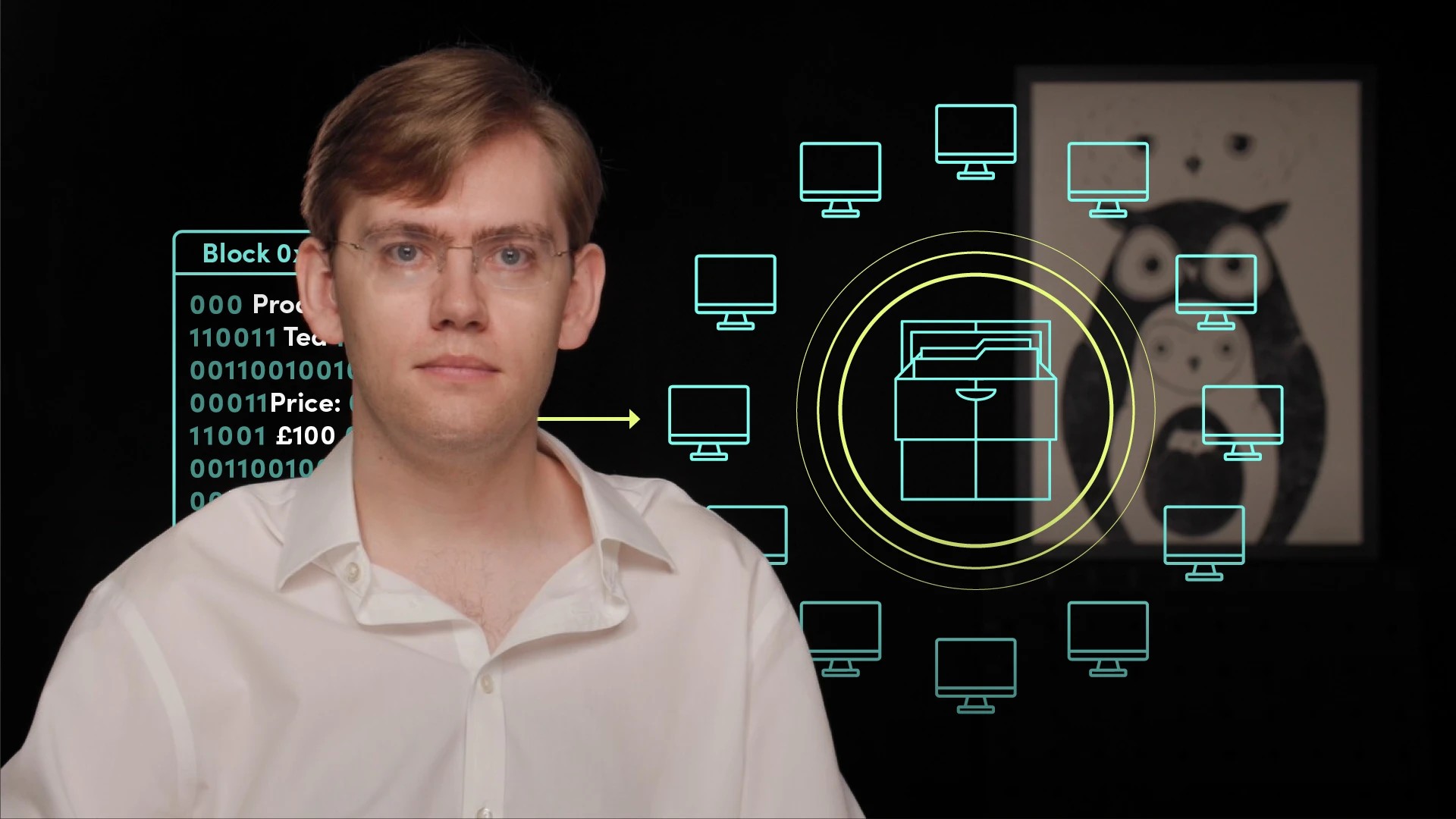
Benefits and Challenges of Decentralised Finance

James Burnie
Financial technology specialist
Decentralised finance, or "DeFi", refers to the concept of providing financial services without involving intermediaries. In the last video of this five-part video series, James explains what DeFi is and the main potential downside of DeFi.
Decentralised finance, or "DeFi", refers to the concept of providing financial services without involving intermediaries. In the last video of this five-part video series, James explains what DeFi is and the main potential downside of DeFi.
Subscribe to watch
Access this and all of the content on our platform by signing up for a 7-day free trial.

Benefits and Challenges of Decentralised Finance
8 mins 14 secs
Key learning objectives:
What is DeFi?
What is main potential downside of DeFi?
How are the potential downsides of DeFi mitigated against?
Skills:
Impacts:
Revenue Opportunity
Overview:
Decentralised finance, or “DeFi”, refers to the concept of providing financial services without involving intermediaries. The lack of an intermediary has advantages, for example in terms of being more robust as a platform if it avoids solvency risk on the intermediary, and disadvantages, the main issue being not having a single entity able to stop bad actors. Steps can be taken to mitigate against bad actors in a DeFi project, however taking these may effectively involve reinstating some kind of central authority, and so undermine the DeFi nature of the model.
Subscribe to watch
Access this and all of the content on our platform by signing up for a 7-day free trial.
What is DeFi?
Decentralised finance, or “DeFi”, refers to the concept of providing financial services without involving intermediaries, and usually DeFi structures are built using blockchain. For example, a DeFi lending model may involve creating a protocol by which any participant can lend to any other participant, using a peer-to-peer platform. The role of blockchain here may be, for example, to record who owes whom what and on what terms. DeFi models are arguably relatively robust, as for example if a particular entity in the model goes insolvent or ceases to do business, the broader DeFi model may survive.
What is main potential downside of DeFi?
The main potential downside is that DeFi involves taking power away from the central authorities who have traditionally been entrusted with it. For example, where an act has generally required a licence and adherence to strict rules, a DeFi model may undermine these protections as it is much harder to close down a bad actor. This issue is compounded by the fact that DeFi is built to avoid having a centralised entity take responsibility, and so there is no single entity responsible for enforcing standards.
How are the potential downsides of DeFi mitigated against?
One option to this is to require participants in a DeFi system to first pass some kind of on-boarding process – so only responsible actors can participate, and they can be removed if they do not behave. The problem with is how to on-board these actors, because if this is done by a particular entity, that entity effectively becomes the central body determining the rules of the network and the model is no longer DeFi.
Subscribe to watch
Access this and all of the content on our platform by signing up for a 7-day free trial.

James Burnie
There are no available Videos from "James Burnie"













